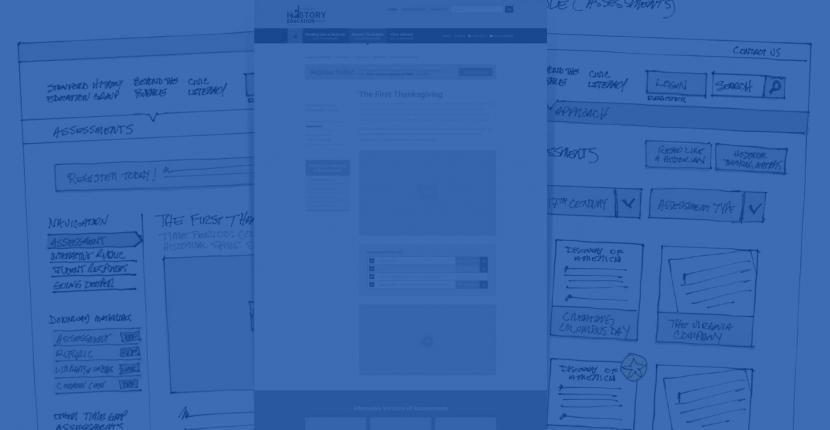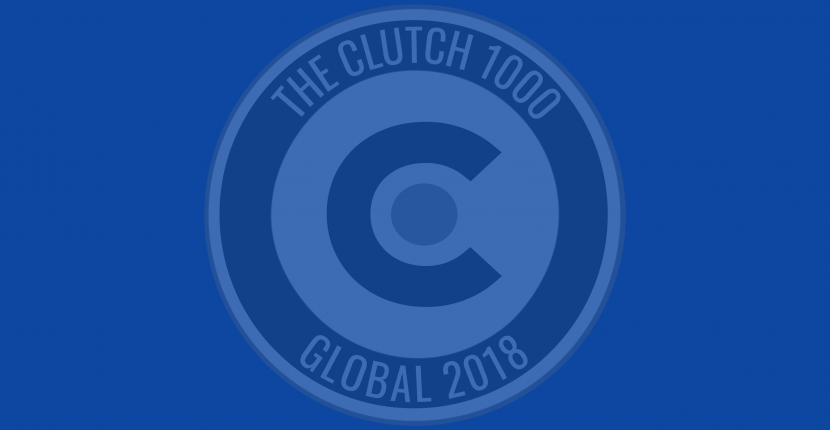If you ask a team what their favorite aspect of a project is, I doubt planning will be in the top five answers. It's not in the top ten either. Guaranteed. Why? Planning is probably one of the hardest parts of the whole shebang; and nobody likes to do the hardest part first.
So, we put it off. We don't take the time to think things through. Or worst of all, we don't even try because we're afraid of being wrong. All of the things I just listed will murder your project and cause your team undue stress.
Here are 10 tips to rock your planning and get your projects off to a good start!
1) Set goals and follow them to the promise land.
Don't even think about starting planning without knowing what the minimum viable product is and what your client's motivation/goals are for doing this project. Planning has two phases (at least). To succeed at project planning during the system design phase, you've got understand what the main goals are (strategy). During development planning, you need to determine what features should serve in meeting those goals (tactics). If you can figure that out, you're off to a good start.2) Be ready to be wrong.
This is one time during the project that you're allowed to get it wrong. The very nature of a project means, it's never been done. Chances are, some things aren't going to go as you planned, and that's OK.3) Consider the project management 'Triangle of Truth'.
When you start planning, it's important to consider all aspects of the project triangle: Budget, Scope, and Schedule. When you plan out your project, you need to ask yourself some questions about these three things to better orient decisions as your project progresses.4) Round 1 should be brief, and vague.
Don't sweat the small stuff during your first round of project planning, that's not what it's all about. When you first sit down to estimate a project you have 3 goals: Identify the features, make an educated guess with your team, and let everyone know what the plan is. NodeOne's Jakob Persson did a great presentation at Drupalcon Chicago about this, I highly recommend it.5) Trust your team, they know what they're talking about.
Planning is not something a project manager should do alone. The team are the ones who will be doing the work, so they should be the ones deciding what they are capable of doing and in how much time. Trust in your team, give them a chance to estimate the work. We're working on a post about estimation techniques & will post it soon for you, so stay tuned!6) Tell it on the mountain.
Don't keep your methods to yourself. Make sure all your stakeholders know how you're going about organizing and planning the work. The more you let people know your process, the more fluid and easy communication will be. Let them know early estimations won't be spot on. Let them know that revisions are normal and a part of a good PM's process. It'll save you headaches.7) Test it out.
A great way to plan the scariest, most tricky parts of your project are to take them for a test drive. You can't make exactly the same thing, but testing bits of it can give valuable insight as to how much effort the whole task will take.8) Ask the experts.
Not sure of your project plan? Find out from the experts who have already done it. Where do you find them? Check out blogs, similar companies, colleagues, in our case Drupal.org is a great resource to interact with the open source community.9) Follow your track record.
Tracking your estimates vs actual time will give you a base of knowledge to work with on future projects. While you're at it, track your issues, your risks, your lessons learned, use it all! Once you've got a benchmark, you can do number 10...10) Recycle your knowledge.
Every single project, we learn something new. It would be just plain idiotic not to cash in those pearls of wisdom and help make your projects a success. At Bluespark, we've used our lessons learned and made "10 commandments" that comprise the most common lessons that we try to use to our benefit on every single project.We'd love to partner with you on your next project!
Since we’re big on relationships, we’re all about finding the right fit. Will you take the next step with us to see if we’re a match?





